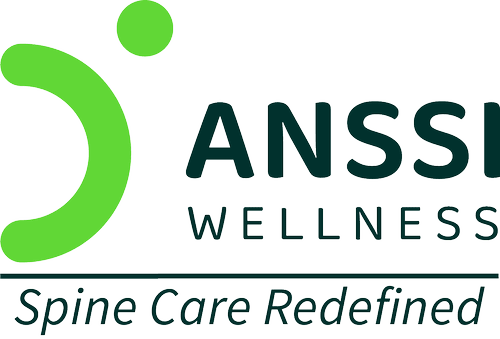Motherhood is a beautiful journey, but it also brings significant physical changes, including back pain after pregnancy. Many new mothers experience persistent discomfort in their lower back, making daily activities like lifting the baby, breastfeeding, and even sleeping challenging. This pain occurs due to hormonal shifts, posture changes, weakened muscles, and increased physical strain.
Addressing post-pregnancy back pain is crucial for long-term spine health. Ignoring it can lead to chronic pain and mobility issues. Fortunately, with the right approach, including posture correction, gentle exercises, and proper nutrition, mothers can recover effectively and regain their strength.
Causes of Post-Pregnancy Back Pain
The following factors contribute significantly to the occurrence of post-pregnancy back pain.
Hormonal Changes
During pregnancy, the body releases a hormone called relaxin, which helps loosen the joints and ligaments in preparation for childbirth.
However, even after delivery, relaxin remains in the system for a while, making the spine and pelvic joints unstable. This instability can cause pain and discomfort, especially when engaging in daily activities that require bending, lifting, or standing for long periods.
Postural Adjustments
Pregnancy significantly alters a woman’s posture. As the belly expands, the spine curves to accommodate the extra weight, leading to misalignment. After childbirth, many new mothers develop poor posture habits while:
- Breastfeeding: Hunching over the baby can strain the neck and upper back.
- Carrying the Baby: Improper lifting and prolonged carrying can stress the lower back.
These postural issues contribute to back pain and make recovery more difficult.
Weakened Core Muscles
During pregnancy, the abdominal muscles stretch and weaken, particularly due to diastasis recti—a condition where the abdominal muscles separate. A weak core reduces spinal support, forcing the back muscles to overcompensate, which leads to pain and stiffness.
Increased Physical Strain
New mothers frequently lift, bend, and carry their babies, often in awkward positions. These repetitive movements, combined with sleep deprivation and stress, can slow muscle recovery and contribute to chronic back pain.
Effective Solutions for Post-Pregnancy Back Pain
Taking proactive steps will help ensure a pain-free, active life for a mother.
1. Correct Posture and Body Mechanics
Preventing back discomfort requires maintaining good posture.
New mothers should:
- Sit Upright While Breastfeeding: Use a supportive chair and a pillow to keep the baby at chest level.
- Use Proper Lifting Techniques: Bend at the knees rather than the waist when picking up the baby.
- Avoid Slouching: Be mindful of spinal alignment while sitting and standing.
2. Gentle Exercises and Stretches
Light exercises help strengthen the core, improve flexibility, and support the spine.
Some effective moves include:
- Pelvic Tilts: Helps realign the pelvis and strengthen the lower back.
- Bridges: Strengthens glutes and core muscles for better spinal support.
- Yoga and Stretching: Relieves tension in the lower back and improves mobility.
New mothers should start slow and focus on low-impact movements to avoid injury.
3. Physical Therapy and Spinal Decompression
For persistent back pain, professional treatments can be highly beneficial.
- Physiotherapy: Helps improve mobility and strengthen weakened muscles.
- Non-Surgical Spinal Decompression: A specialised treatment that gently stretches the spine, reducing pressure on spinal discs and nerves. This treatment can effectively relieve back and neck pain without medication or surgery.
4. Healthy Nutrition and Hydration
A balanced diet plays a vital role in post-pregnancy recovery.
Essential nutrients include:
- Calcium and Vitamin D: Helps to prevent osteoporosis and strengthen bones. Found in fortified meals, dairy products, and leafy greens.
- Protein: Contributes to muscle repair and recovery. Good sources include lean meats, eggs, nuts, and legumes.
- Hydration: Drinking enough water keeps spinal discs hydrated and flexible.
5. Rest and Stress Management
Proper rest is essential for muscle recovery and pain relief.
New mothers should:
- Prioritise Sleep: Rest whenever possible to allow the body to heal.
- Practice Relaxation Techniques: Deep breathing, meditation, or gentle stretching can reduce stress and muscle tension.
About ANSSI:
ANSSI Wellness focuses on improving the quality of life for patients suffering from spinal issues, aiming to provide relief where other conventional treatments have failed. Through advanced non-surgical spinal decompression treatment, ANSSI is committed to helping patients avoid surgery and recover in a safe, effective, and compassionate environment.
Connect with ANSSI Wellness on LinkedIn, Instagram, and Facebook for expert guidance.



